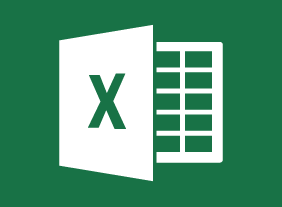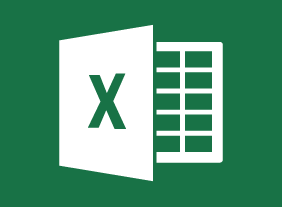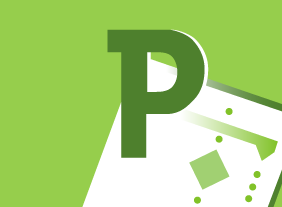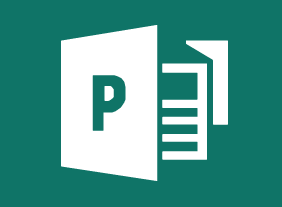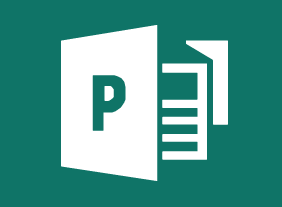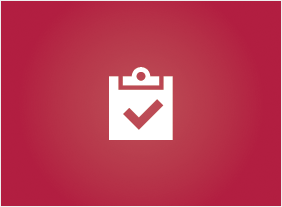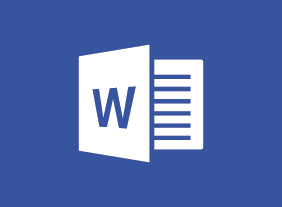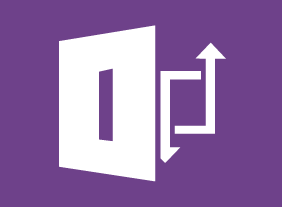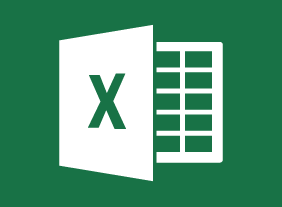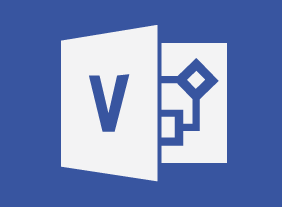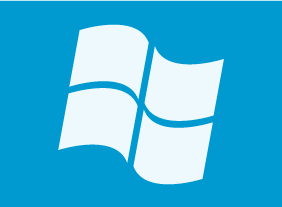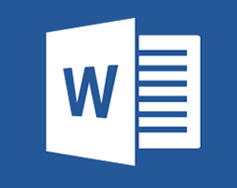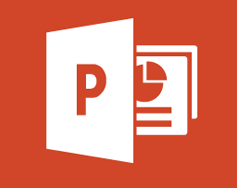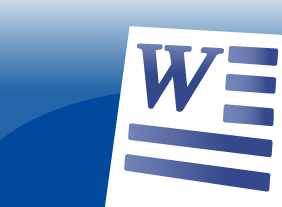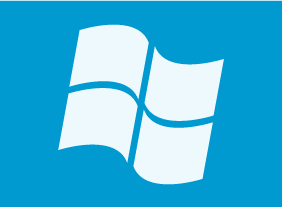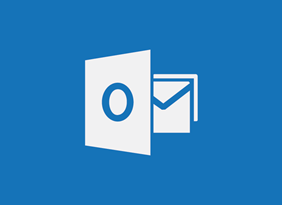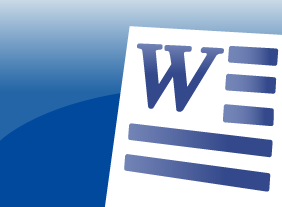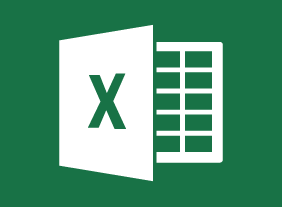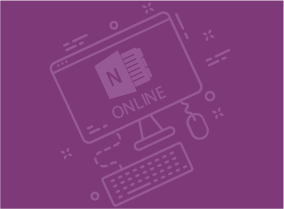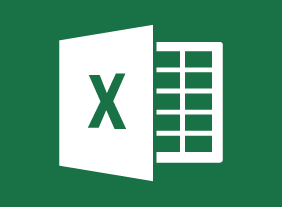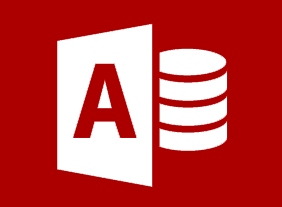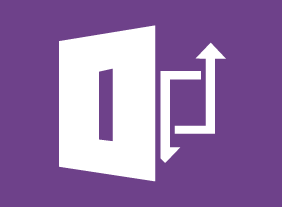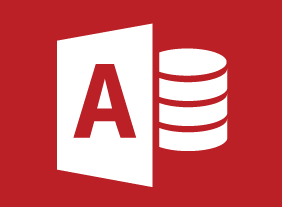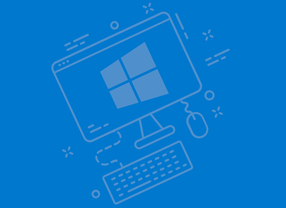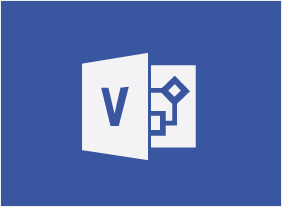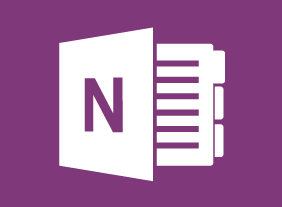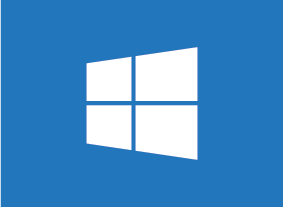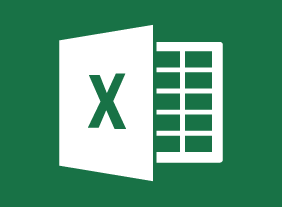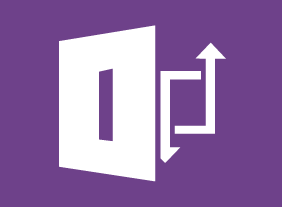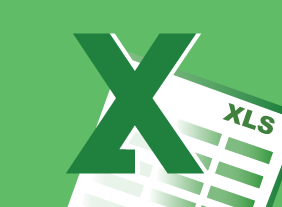-
Getting Stuff Done: Personal Development Boot Camp
$99.00To start this course, youll explore what personal efficiency is all about, as well as useful attitudes and skills that you might want to develop. Then, youll outline your vision statement, dreams, and goals. Next, youll learn about the 80/20 system, what characteristics your organizational system should have, how to design a functional workspace, and techniques for organizing your daily to-do items. Youll also learn how to set up and maintain information management systems (both physical and virtual), prioritize tasks, create routines, and tackle procrastination. Finally, youll learn how to get organized at home. -
Introduction to Microsoft Power BI: Working with Data
$99.00In this course you will learn how to transform and sanitize data, use the Query Editor, model data, and manage relationships. -
Time Management
$99.00After you complete this course, you will be able to better organize yourself and your workspace for peak efficiency, understand the importance of, and the most useful techniques for, setting and achieving goals, plan and schedule your time efficiently, learn how to set priorities, discover the ingredients for good decision-making, learn what to delegate and how to delegate well, take control of things that can derail your workplace productivity, create order and get organized, and manage your workload. -
Active Listening
$99.00In this course, you will learn what active listening is and what qualities active listeners have. Youll also learn how to manage your body language, create a positive listening attitude, encourage conversation, build relationships, and get over listening roadblocks. -
Microsoft OneNote Online: Finalizing a Notebook
$99.00In this course you will learn how to use proofing tools, share and collaborate on notebooks, and work with notebook versions. -
From Boss to Leader
$99.00After completing this course, participants will know the characteristics of bad bosses and good leaders, understand how those who hold management positions can develop into good leaders, know the elements of leading by example, understand the importance of good communication and effective feedback, and know how to use emotional intelligence. -
Windows 10: May 2019 Update: Getting Started
$99.00In this course you will learn about the Windows 10 May 2019 Update and what it includes. You will also learn how to update Windows 10 to the May 2019 Update. and sign into Windows 10.


